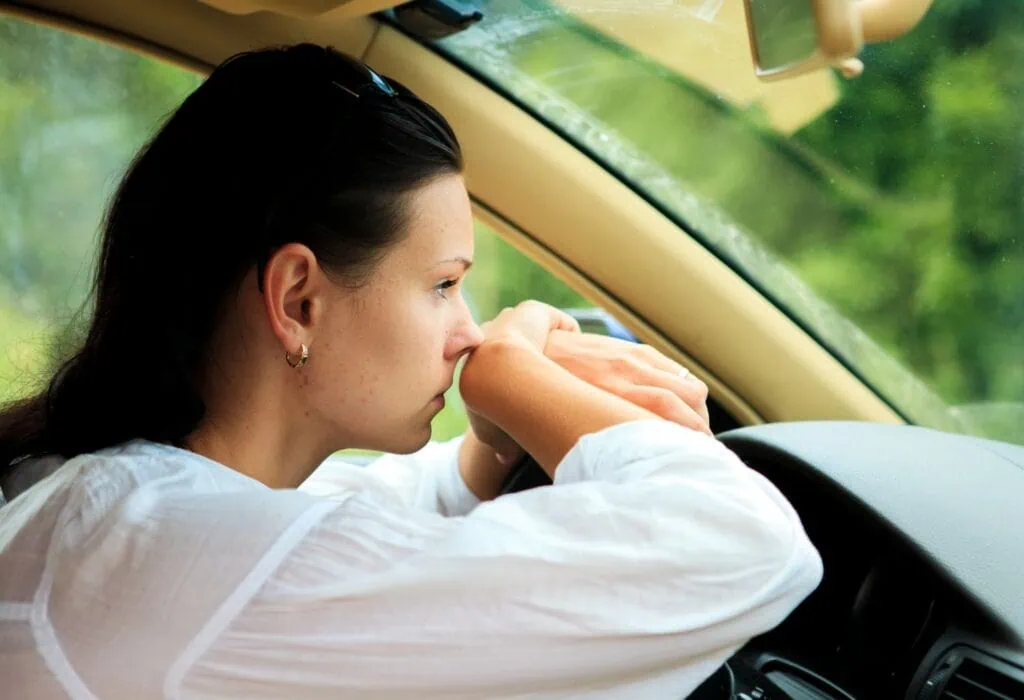
Your Loved One is in Treatment - What Now?
The moment that your loved one disappears through the doors into a treatment facility is a very emotional one. Finally, they are getting the help they need! But, this part of the process has difficulties that there family members might not be prepared for: dealing with the aftermath in their own lives. While your loved one focuses on their recovery, you, too, will navigate the changes, emotions, and challenges that come with this new chapter. What happens next will shape the road ahead for the whole family.
You Should Also Create a New Routine
Your loved one will undergo the intake process. They will complete an initial health check to make sure they’re safe, then be taken to their room, meet other participants and staff, and get a tour of the place and learn the rules.
Depending on the program, they might soon be sitting in a group meeting with others in recovery, be talking with a counselor, or doing activities like journaling or light exercise. Meals are hopefully nutritious, and there’s usually scheduled time for rest. The first day can feel overwhelming, but the staff will hopefully gently guide them through this transition, creating a safe and welcoming environment.
Each day in treatment is structured to help your loved one learn about addiction, heal, build new habits, and prepare for life after treatment.
Dealing With the Family Wreckage
Addiction usually wreaks havoc on a family. As they begin their healing and rebuilding process in treatment, family members also start to face their own set of challenges. The emotional and relational impact of addiction can leave behind a complex landscape that requires care and attention. Here are some of the common issues families may encounter:
- Emotional Turmoil: Addiction brings a rollercoaster of emotions, like fear, anger, guilt, sadness, and even shame. Family members may blame themselves or feel powerless watching their loved one struggle. Children, spouses, and parents all may have lingering emotional struggles or relationship issues.
- Trust Issues: Addiction often strains trust within families. Past behaviors, such as dishonesty or broken commitments, can leave loved ones feeling hurt or guarded. Many families have walked a fine line between offering support and protecting their own emotional well-being. Rebuilding these relationships takes time, patience, and often the support of a safe, therapeutic environment.
- Financial Strain: Addiction unravels lives, leading to job loss, legal troubles, or draining the bank account for more substances. Many families find themselves covering legal fees, paying for rehab, or supporting a loved one who is unable to maintain stability. This can create tension and long-term financial hardship.
- Enabling and Codependency: Family members often unintentionally contribute to addiction by providing money, covering up consequences, or excusing behavior. Codependency, where one’s identity becomes overly tied to taking care of the addicted person, can also develop, making it harder to set boundaries.
- Social Isolation and Stigma: The stigma surrounding addiction can make family members feel ashamed or reluctant to seek help. They may withdraw from friends, avoid social gatherings, or struggle to talk openly about what they’re going through. This isolation can worsen stress and make it harder to access the support they need.
Recognizing these challenges is the first step toward healing. Seeking therapy, support groups, and education about addiction can help families navigate this difficult journey. There is a light at the end of the tunnel! The journey can have plenty of joy along the way.
Help For Families Healing From Addiction
Addiction is a disease that affects the whole family. Families, like people in recovery, have options when it comes to learning to adapt to their loved one’s addiction and recovery. There are many ways families can seek out the support of others.
- Al-Anon Family Groups: Al-Anon is a support group for relatives and friends of people who use alcohol and other substances. It offers a supportive group of others who have similar experiences and teaches group members healthy coping skills. Research indicates Al-Anon can lead to improved personal well-being and family dynamics. Almost 90 percent of group members in a 2019 survey said that group participation has improved their mental health.
- Codependents Anonymous (CoDA): CoDA is a support group that helps people recognize patterns of codependency. Many families with addicted members may have other participants who have controlling behaviors or with low self-esteem who rely on others for self-worth. CoDA helps people address these patterns and work towards healthier interactions and personal growth.
- SMART Recovery Family & Friends: SMART Recovery offers what they describe as a “science-based alternative” to traditional 12-step programs, focusing on empowering the addicted person using evidence-based strategies. The Family & Friends program helps provide tools and support for those affected by a loved one's addiction. They rely heavily on techniques from cognitive-behavioral therapy to encourage positive change.
- Family Therapy: Family therapy involves structures sessions with a licensed therapist to address dysfunctional patterns within the family unit. Therapy has been shown to enhance recovery outcomes and help family members feel more supported.
- Individual Therapy: Individual therapy can provide a private setting for family members to process emotions, develop coping strategies, and focus on personal growth. Some issues caused by addiction can cause anxiety, depression, or trauma for other family members and are better processed one-on-one.
Addiction affects the whole family, but recovery offers each person the opportunity to grow, heal, and strengthen bonds. When a loved one goes away to treatment, it’s a great time to regroup and focus on your own healing. Engaging in these support groups and therapeutic approaches can significantly help with challenges surrounding a loved one's addiction. At Costa Rica Recovery, we’ve seen how these steps foster not only individual growth but renewed family unity and resilience.
Categories
Addiction alcohol Drug Rehab Recovery





